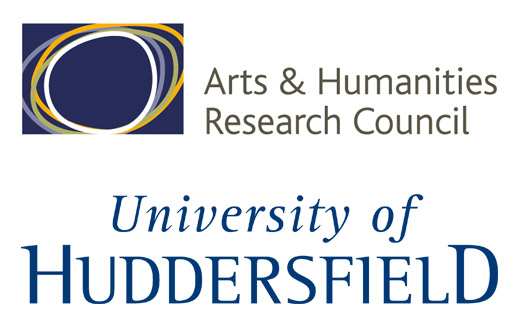This is the intellectual property (IP) agreement for the Judaica project. It attempts to navigate some complex issues regarding collaboration and the circulation of different kinds of knowledge across various media.
This document is informed by recent conversations about dance and copyright organized by the Society for Dance Research and by the Centre for Dance Research at Coventry University. It is a living document, continually updated. Your comments, feedback, questions and concerns are welcome.
[Download PDF version]
The Judaica Project
Intellectual Property Agreement
The Judaica project produces a large number of digital documents including photographs, audio recordings, audiovisual (video) recordings, written blog posts, and hand-written/hand-drawn items. Many of these documents are jointly authored. By default, authorship is shared by all contributors to a given document, regardless of how they were involved. However, when an external videographer or photographer is brought in to document a session, they are not considered a co-author for the purposes of this agreement.
All of the Judaica materials are stored on a hard drive in Dr Spatz’s office and backed up to the University of Huddersfield’s Research Data Management network drive. Dr Spatz agrees to make these materials available to each of the relevant co-authors for viewing and copying to their own devices. This agreement governs how the co-authored materials may be used. The materials fall into three categories, with distinct rules as follows.
I. Catalogue
(1) The ‘Catalogue’ refers to all materials that have already been shared publicly as part of the research process. This includes videos posted in the Songwork Catalogue and elsewhere online, blog posts and other only media, as well all talks and presentations given in public venues or academic conferences.
(2) Documents in the Catalogue may be used by any of their respective co-authors according to a CC-BY licensing agreement, which requires only proper attribution.
(3) Documents in the Catalogue may also be used by non-authors (anyone else) according to a CC-BY-NC licensing agreement, which requires only proper attribution for noncommercial uses. For the purpose of this agreement, noncommercial uses include those that have a primarily noncommercial aim even if they also generate a small amount of private income (such as academic royalty fees). Substantial commercial uses of the archive (personal income above £10,000) must be approved by all co-authors of the relevant documents.
II. Main Archive
(4) The ‘Main Archive’ refers to all materials that have not been shared publicly as part of the research (not part of the Catalogue described above) and which have not been excluded (as described in below).
(5) Documents in the Main Archive may be used by any of their respective co-authors according to a CC-BY licensing agreement. This is the same rule that governs documents in the Catalogue.
(6) Members of the public do not generally have access to the Main Archive. However, after 1 January 2018, access to all or part of the Main Archive may be granted to individuals by any of the relevant co-authors. It is understood that access will be granted to individuals who have recognized standing in academic, artistic, or Jewish communities, who will treat the materials respectfully and use them to advance their own practice and research. Individuals who have been granted permission in this way can make use of the Main Archive as well as the Catalogue according to a CC-BY-NC license, as described in (3) above.
III. Excluded Archive
(7) Prior to 1 January 2018, any co-author of a document may request to have all or part of that document excluded from the Main Archive. This option is not available for materials that are in the Catalogue. It is understood that the option to exclude materials from the Main Archive should be used in moderation so that most of the Main Archive remains intact. This clause aims to ensure that all co-authors are able to exercise control over the use and sharing of more sensitive materials.
(8) Materials in the Excluded Archive may be retained privately by the relevant co-authors but may not be shared publicly (including quotes or transcripts) without explicit permission from all of the co-authors.
[Name] [Signature] [Date]A much simpler consent form was used in 2015:
I understand and agree that audio/video recordings of my studio work, and interviews about the process, will be part of the documentation for Judaica and that any of the core participants may use these materials for non-commercial applications, including scholarly publications and grant or fellowship applications, etc.
[Name] [Signature] [Date]

